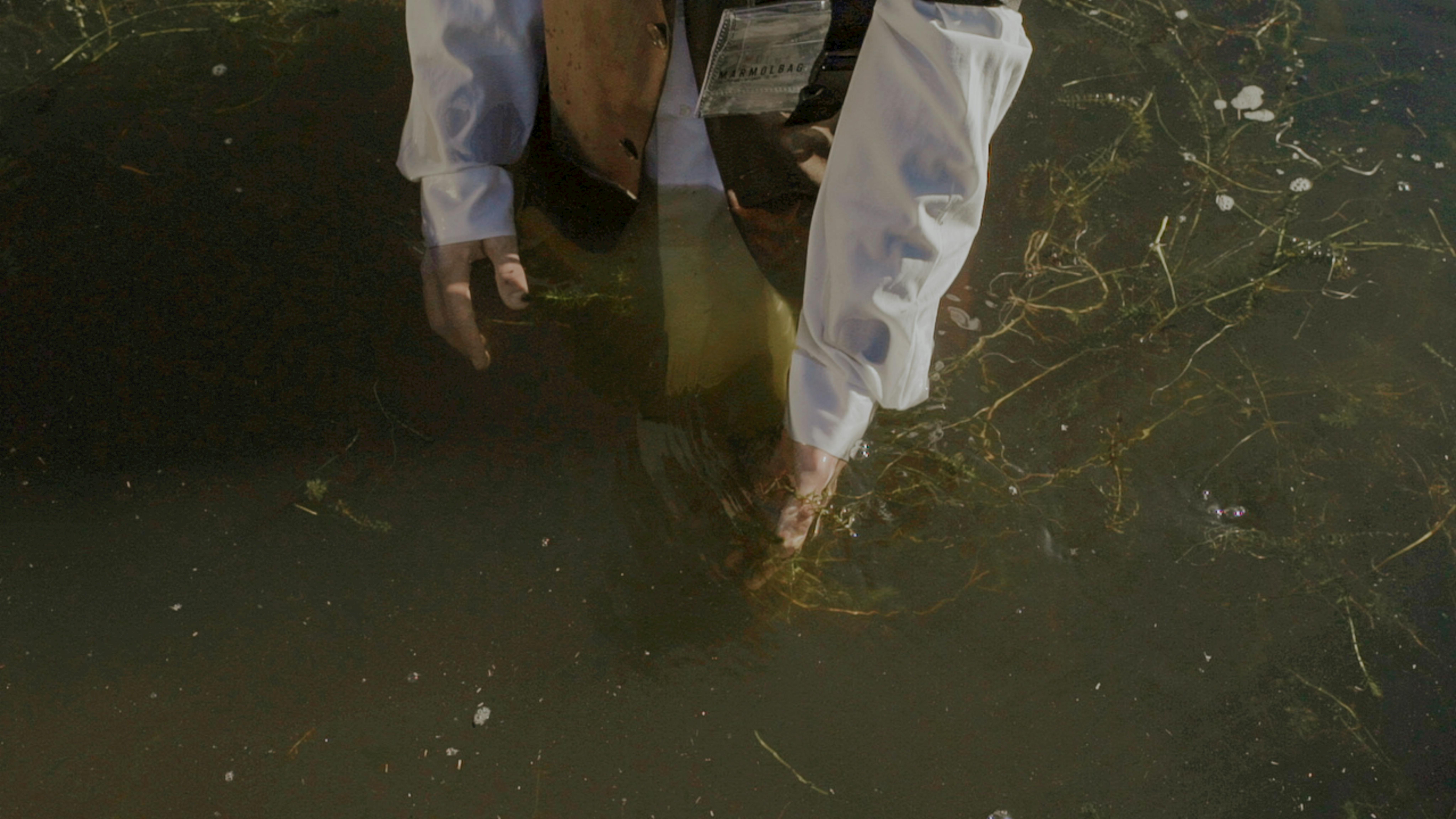The National Rural Health Alliance (the Alliance) calls on governments and health entities to commit to the recommendations of the Close the Gap Campaign Report 2024 to ensure that we, as a nation, realise true health equity for Australia’s Aboriginal and Torres Strait Islander peoples.
“The Alliance takes a stand with Close the Gap in its call to fully implement the 2021–2031 National Aboriginal and Torres Strait Islander Health Plan and other supporting plans under First Nations’ leadership to ensure that we close the gap in health,” said the Alliance Chief Executive Susi Tegen.
Achieving healthcare equity for First Nations people, especially for the almost 61 per cent living in rural, regional, and remote areas, must be a priority, given the stark disparities in health compared to non-Indigenous populations and, those who live in metropolitan areas.
A significant gap exists in life expectancy between Indigenous and non-Indigenous Australians – 6.8 years for males and 6.5 years for females in rural areas. This gap grows even bigger as remoteness increases – to 12.4 years for both males and females.
“Addressing health workforce shortages in rural areas is one step towards Closing the Gap as First Nations peoples continue to face issues in accessing equitable and culturally safe health care. As such, the Alliance supports the Close the Gap Report’s recommendation to invest in the development of the Aboriginal and Torres Strait Islander workforce, as outlined in the Health Plan, and create a culturally safe Australian healthcare system that is responsive to the needs of Aboriginal and Torres Strait Islander peoples,” said Ms Tegen.
“We strongly believe that rural workforce training and leadership development programs should support First Nations people living in rural, remote, and regional Australia and ensure there are culturally safe and appropriate healthcare services available. Therefore, we urge the government to invest in expanding opportunities for First Nations people to be embedded in the leadership and governance of the Health Plan.
“Additionally, rural First Nations people are challenged by natural disasters throughout the year and feel a major brunt from dramatic climate variances. It is vital to invest in a national Aboriginal and Torres Strait Islander Coalition on Climate and Health. The impact of climate-related disasters has a significant impact on the health and wellbeing of Indigenous populations, and more must be done to support First Nations communities to lead climate change prevention, mitigation, and adaptation strategies to improve health outcomes,” said Ms Tegen.
About us:
The National Rural Health Alliance (the Alliance) comprises 51 national organisations committed to improving the health and wellbeing of the 7 million people in rural and remote Australia. Our diverse membership includes representation from the Aboriginal and Torres Strait Islander health sector, health professional organisations, health service providers, health educators and students.








